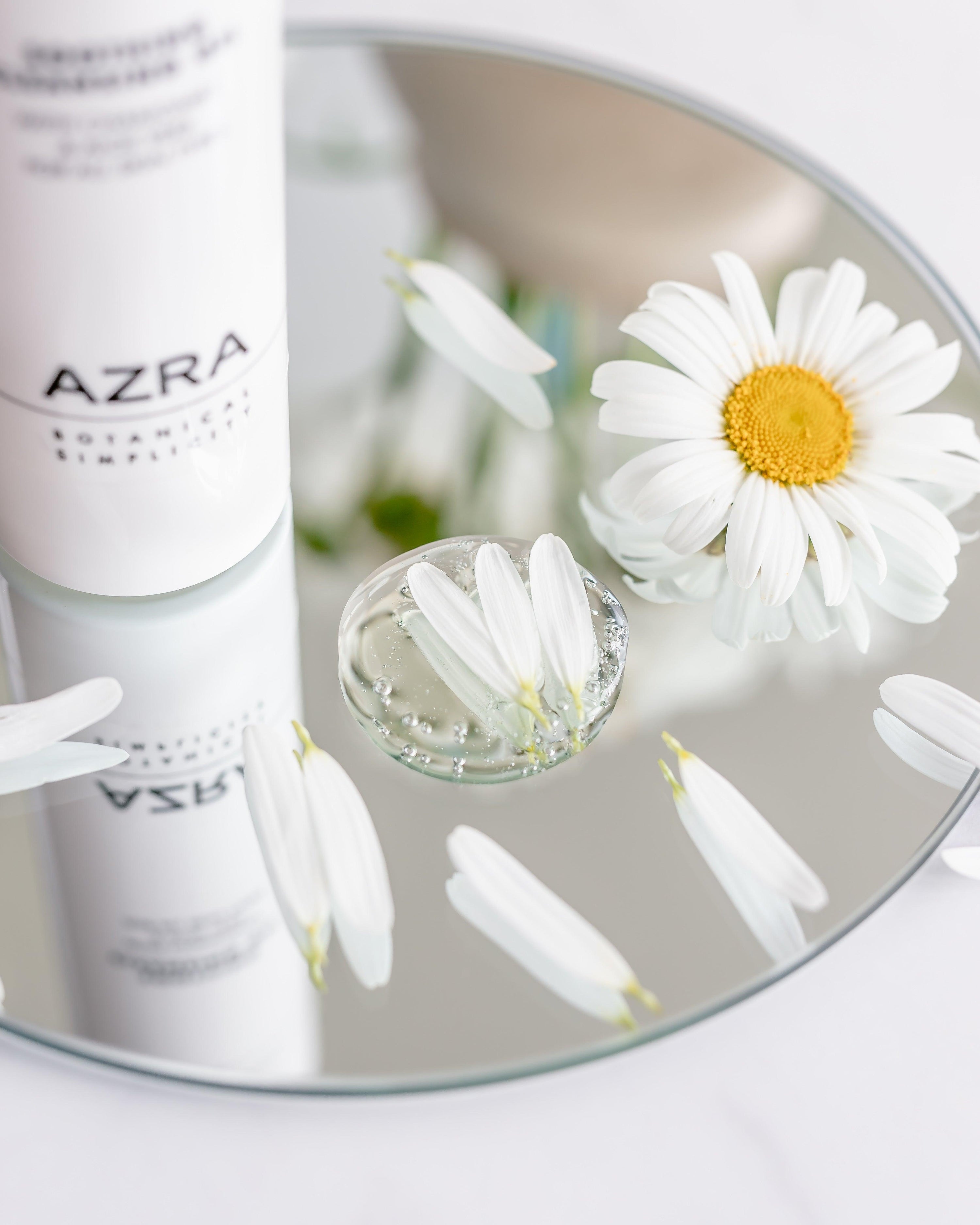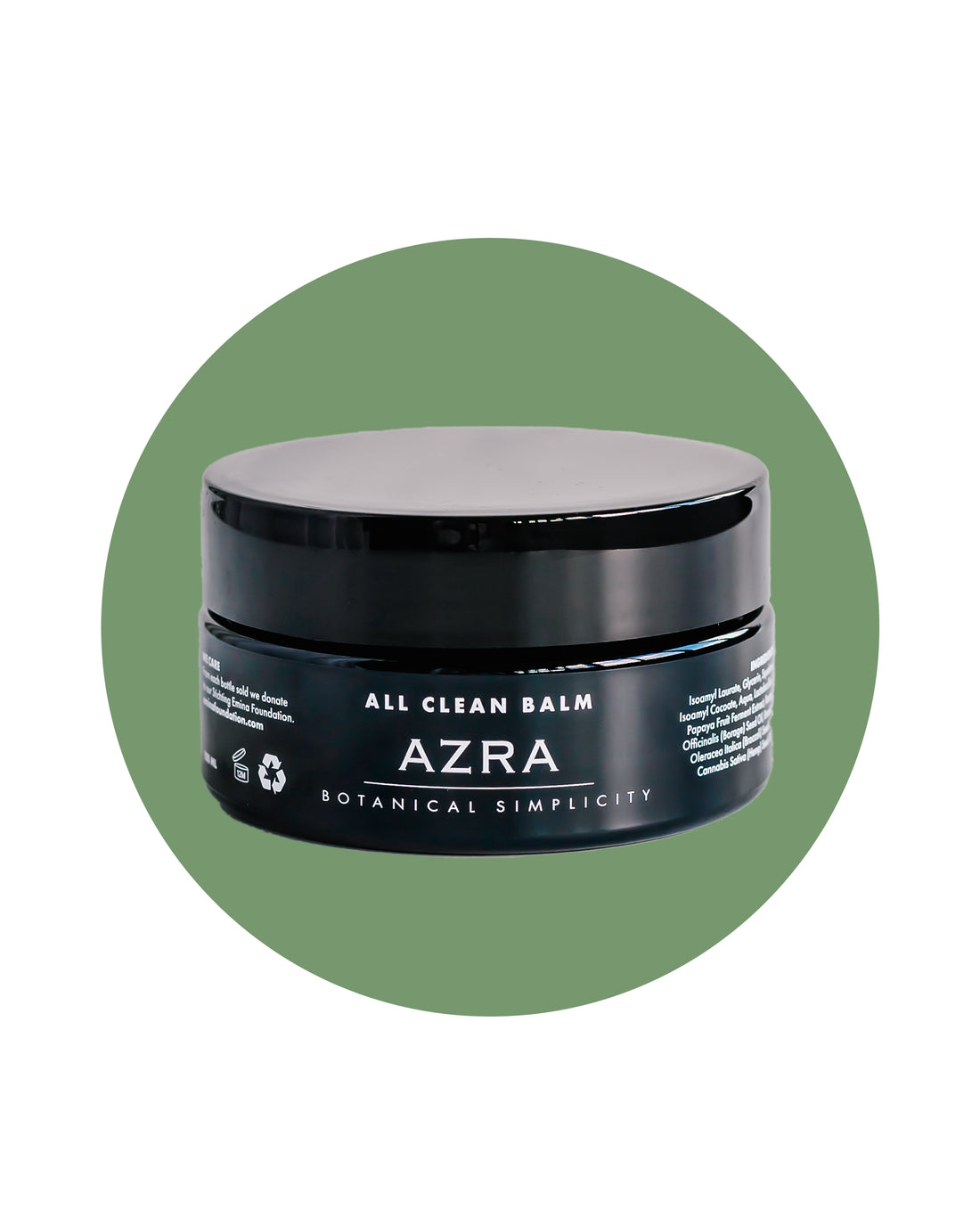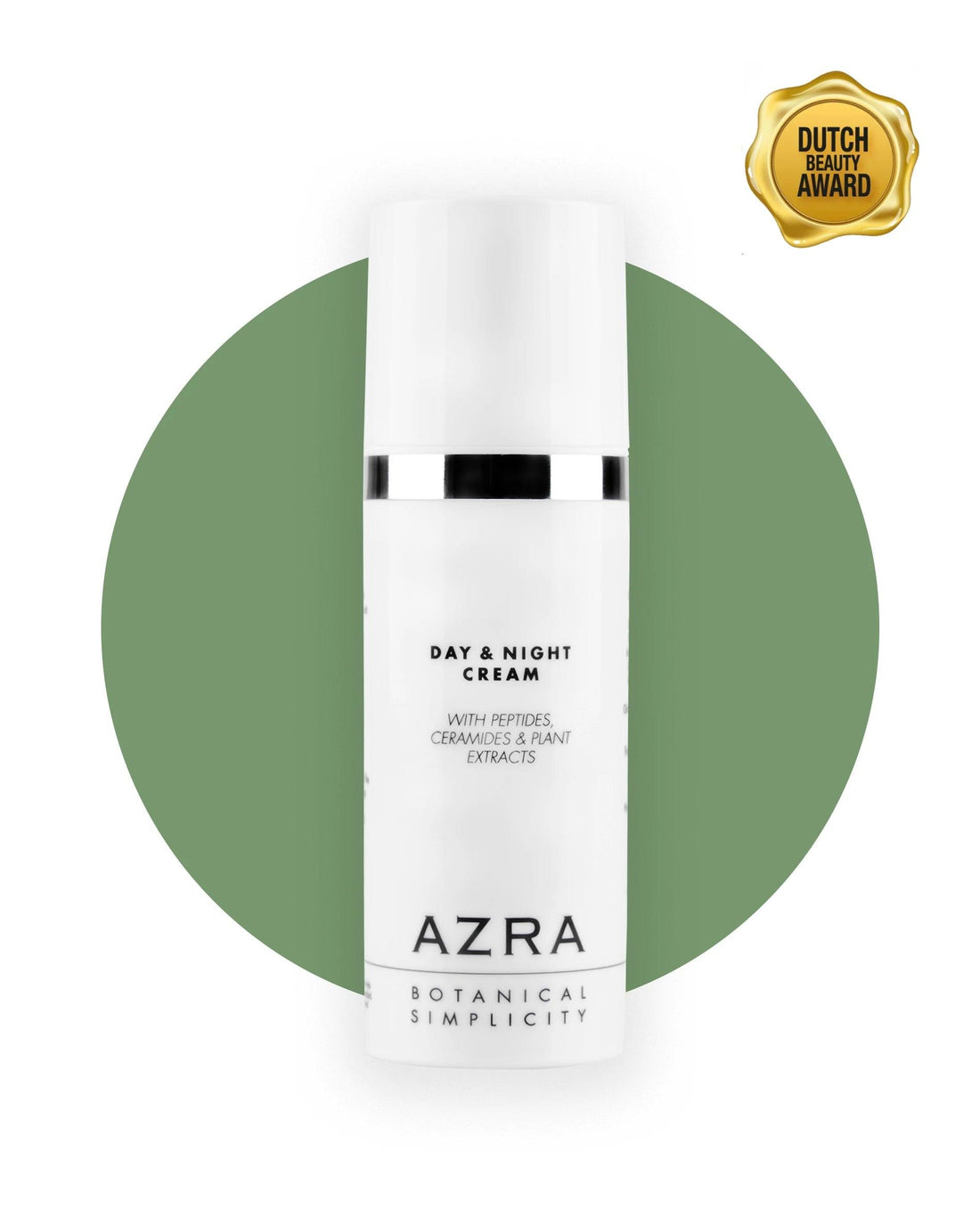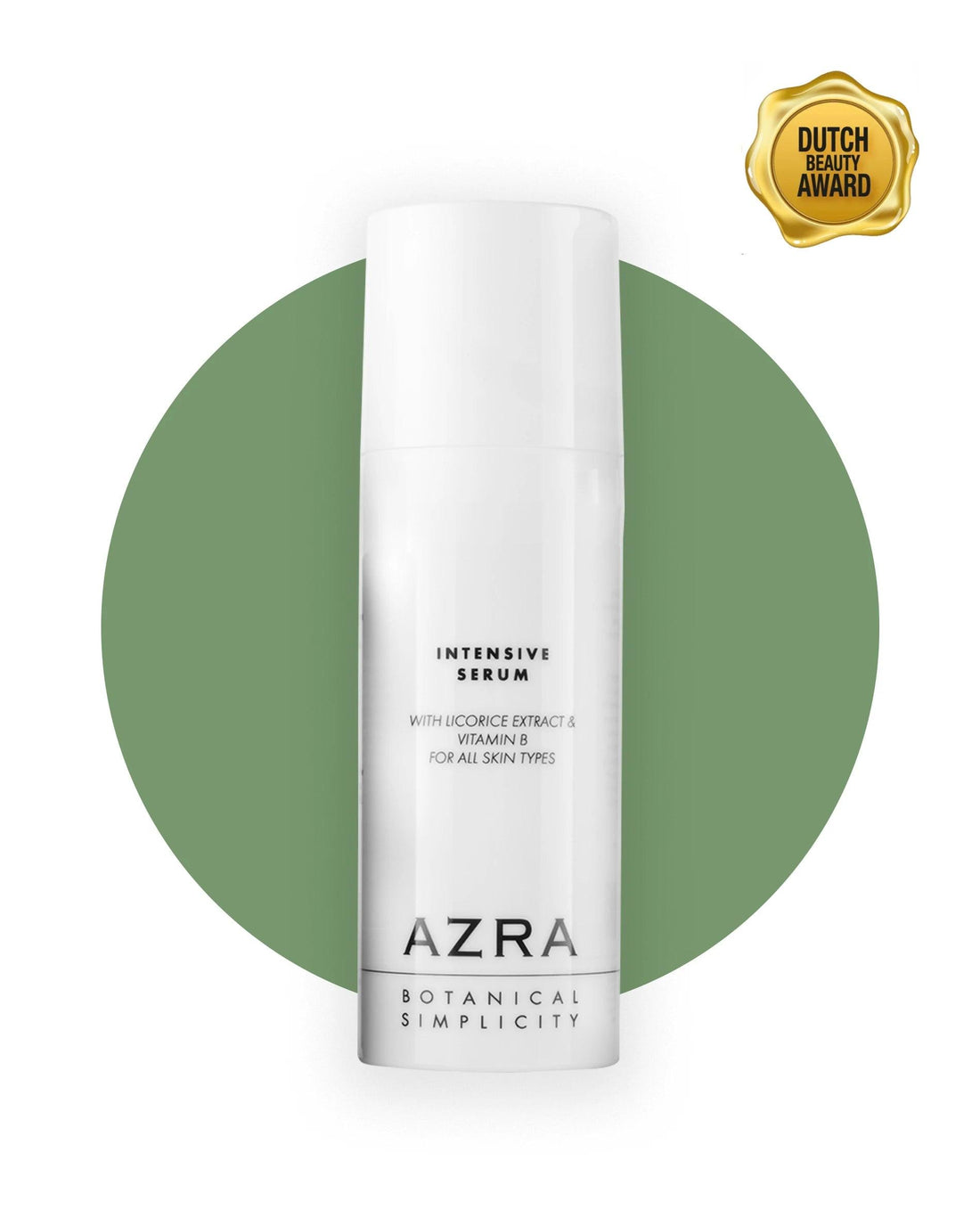Pentapeptide-18 is often included in skincare formulations due to its ability to target specific aspects of skin aging. It is claimed to work by reducing the appearance of expression lines and wrinkles, particularly those associated with facial muscle movements. The peptide is thought to interfere with the signals that cause muscle contractions, leading to a smoothing effect on the skin.

What does pentapeptide -18 do for the skin?
It's important to note that while there may be anecdotal evidence and some studies supporting the use of peptides like Pentapeptide-18 in skincare, individual responses can vary, and the scientific evidence might not be as extensive as for some other skincare ingredients. As with any skincare product, it's advisable to perform a patch test and consider consulting with a dermatologist to ensure that the product is suitable for your skin type and concerns.
The specific chemical structure of Pentapeptide-18 involves a sequence of five amino acids. However, the exact sequence is proprietary information held by the manufacturers of skincare products or suppliers of the peptide. The term "pentapeptide" itself indicates that it is composed of five amino acids.
Peptides are made up of amino acids linked together by peptide bonds. The structure of a peptide is typically represented by its amino acid sequence, where each letter represents a specific amino acid. Without access to the proprietary information or the specific sequence of Pentapeptide-18, it's not possible to provide the detailed molecular structure.
If you have a specific product containing Pentapeptide-18 and are interested in its formulation or structure, you may consider reaching out to the manufacturer for more detailed information. Manufacturers often hold proprietary information about the formulations of their skincare products, including the specific sequences of peptides used.
Peptides, including Pentapeptide-18, are generally considered safe for use in skincare products. These peptides are composed of amino acids, which are natural building blocks of proteins. Peptides play various roles in biological processes, and in skincare, they are often included for their potential benefits, such as anti-aging and skin-conditioning properties.
However, individual reactions to skincare ingredients can vary. It's possible for some individuals to experience skin irritation or allergic reactions to certain peptides or other components in skincare formulations. It's crucial to perform a patch test before using any new skincare product, especially if you have sensitive skin or a history of allergies.
Here are some general tips:
-
Patch Test: Apply a small amount of the product containing Pentapeptide-18 to a small area of skin, like the inside of your wrist or behind your ear. Monitor for any adverse reactions over the next 24-48 hours.
-
Read Product Labels: Check the ingredient list of skincare products to ensure there are no known allergens or substances that you are sensitive to.
-
Consult a Skin Therapist: If you have specific skin concerns or conditions, it's advisable to consult with a skin therapist before introducing new products into your skincare routine.
While peptides are generally well-tolerated, and many people use them without issue, everyone's skin is unique. If you experience any redness, itching, or irritation, discontinue use of the product.
As of my last knowledge update in January 2022, no serious safety concerns have been widely reported regarding the use of peptides in skincare.
-
Peptides:
- Function: Peptides are short chains of amino acids, the building blocks of proteins. In skincare, peptides are often used for their potential anti-aging properties. They may help support collagen production, which is essential for maintaining skin elasticity and firmness.
- Benefits: Peptides can contribute to the overall health and appearance of the skin, potentially reducing the appearance of fine lines and wrinkles. They are often included in formulations designed to promote skin hydration and firmness.
-
Retinol (Vitamin A):
- Function: Retinol is a form of vitamin A and is known for its ability to encourage skin cell turnover. It can promote the production of new skin cells, leading to smoother and more even-toned skin.
- Benefits: Retinol is often used to address concerns such as fine lines, wrinkles, and uneven skin tone. It can be effective in improving the texture of the skin and addressing signs of photoaging.
Whether peptides or retinol are "better" for your skin depends on your specific skincare goals. Some people may choose to incorporate both into their skincare routine, as they can complement each other. However, it's essential to introduce new ingredients gradually and be mindful of potential interactions or sensitivities.
Here are a few considerations:
-
Sensitivity: Retinol can be irritating to some individuals, especially when first introduced into a skincare routine. Peptides, in general, tend to be well-tolerated.
-
Goals: If your primary concern is collagen support and maintaining skin firmness, peptides may be a good choice. If you're targeting issues like fine lines, uneven texture, or photoaging, retinol could be beneficial.
-
Combination Use: Some skincare regimens include both peptides and retinol to address multiple aspects of skin aging.
Ultimately, the "best" ingredient for your skin depends on your individual needs, preferences, and how your skin responds to specific formulations. It's advisable to start with one new ingredient at a time, observe how your skin reacts, and, if needed, consult for personalized advice based on your skin type and concerns.
Individual skin responses can vary, and what works well for one person may not be suitable for another.
If you're looking for skincare products containing Pentapeptide-18, you may consider checking popular skincare brands that are known for their formulations focused on anti-aging and peptide-based skincare. Some well-known skincare brands that often incorporate peptides in their products include:
-
Paula's Choice: Paula's Choice is a brand that emphasizes evidence-based skincare. They offer a range of products targeting various skin concerns, including those with peptides.
-
SkinCeuticals: SkinCeuticals is known for its advanced skincare formulations. They have products that may contain peptides, among other active ingredients.
-
Dermalogica: Dermalogica is a professional skincare brand that often includes peptides in their formulations, particularly in products targeting signs of aging.
-
Neutrogena: Neutrogena is a widely available drugstore brand that also offers anti-aging products, and some of them may include peptides.
- AZRA Botanical Simplicity has 2 products which contain Pentapeptide-18: Day Night Cream and Super Glow Serum
When looking for products, it's important to carefully read the ingredient list to ensure that Pentapeptide-18 or other peptides are indeed included. Also, consider your specific skin concerns and choose products that align with your skincare goals.
Keep in mind that skincare is a highly individualized journey, and what works for one person may not work for another.









